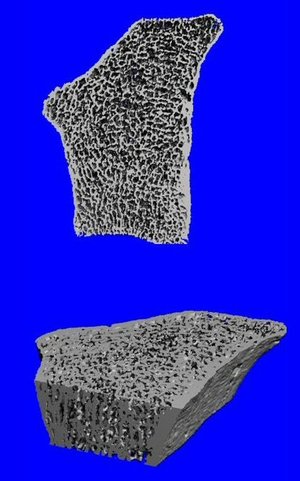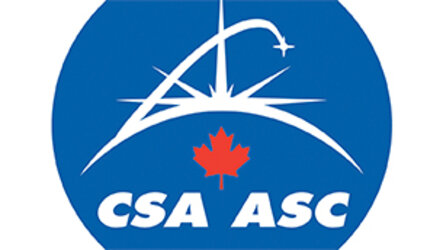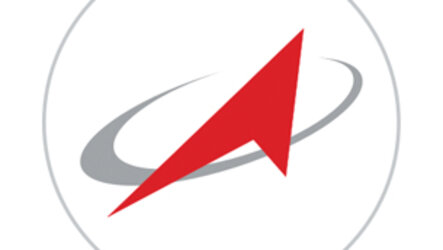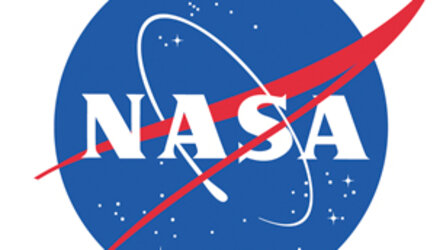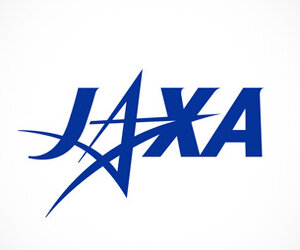Add Salt? Astronauts’ Bones Say Please Don’t.
Osteoporosis is a harsh disease that reduces the quality of life for millions and costs Europe around €25 billion ($31 billion) each year. It typically affects the elderly, so the rise in life expectancy in developed countries means the problems inflicted by osteoporosis are increasing.
Fortunately, research done in space may change the game. Astronauts on the International Space Station experience accelerated osteoporosis because of weightlessness, but it is carefully controlled, and they can regain their lost bone mass once they are back on Earth.

Studying what happens during long spaceflights offers a good insight into the process of osteoporosis—losing calcium and changing bone structure—and helps to develop methods to combat it.
It has been known since the 1990s that the human body holds on to sodium, without the corresponding water retention, during long stays in space. But the textbooks said this was not possible. “Sodium retention in space” became an important subject to study.

Salt intake was investigated in a series of studies, in ground-based simulations and in space, and it was found that not only is sodium retained (probably in the skin), but it also affects the acid balance of the body and bone metabolism. So, high salt intake increases acidity in the body, which can accelerate bone loss.
The European Space Agency’s, or ESA’s, recent SOdium LOad in microgravity, or SOLO, study zoomed in on this question.

Nine crew members, including ESA’s Frank De Winne and Paolo Nespoli during their long-duration flights in 2010 and 2011, followed low- and high-salt diets. The expected results may show that additional negative effects can be avoided either by reducing sodium intake or by using a simple alkalizing agent like bicarbonate to counter the acid imbalance.
This space research directly benefits everybody on Earth who is prone to osteoporosis.
For further information, please contact:
Petra Frings-Meuthen
German Aerospace Center (DLR)
Institute of Aerospace Medicine
Space Physiology
Linder Höhe
D-51147 Cologne, Germany
Tel: +49 2203 601-3034
Fax: +49 2203 61159
Email: petra.frings-meuthen@dlr.de
European Space Agency















 Germany
Germany
 Austria
Austria
 Belgium
Belgium
 Denmark
Denmark
 Spain
Spain
 Estonia
Estonia
 Finland
Finland
 France
France
 Greece
Greece
 Hungary
Hungary
 Ireland
Ireland
 Italy
Italy
 Luxembourg
Luxembourg
 Norway
Norway
 The Netherlands
The Netherlands
 Poland
Poland
 Portugal
Portugal
 Czechia
Czechia
 Romania
Romania
 United Kingdom
United Kingdom
 Slovenia
Slovenia
 Sweden
Sweden
 Switzerland
Switzerland



























